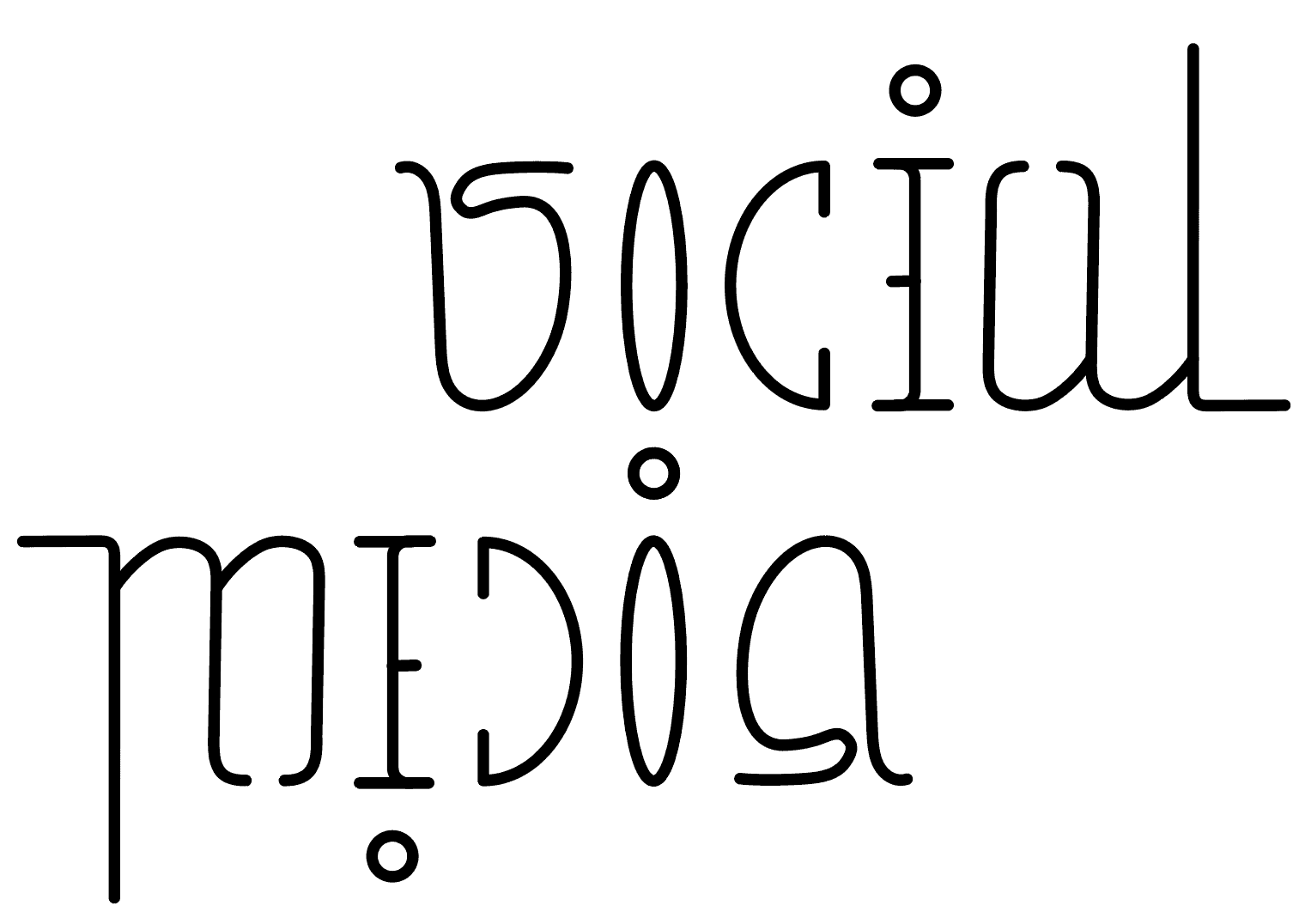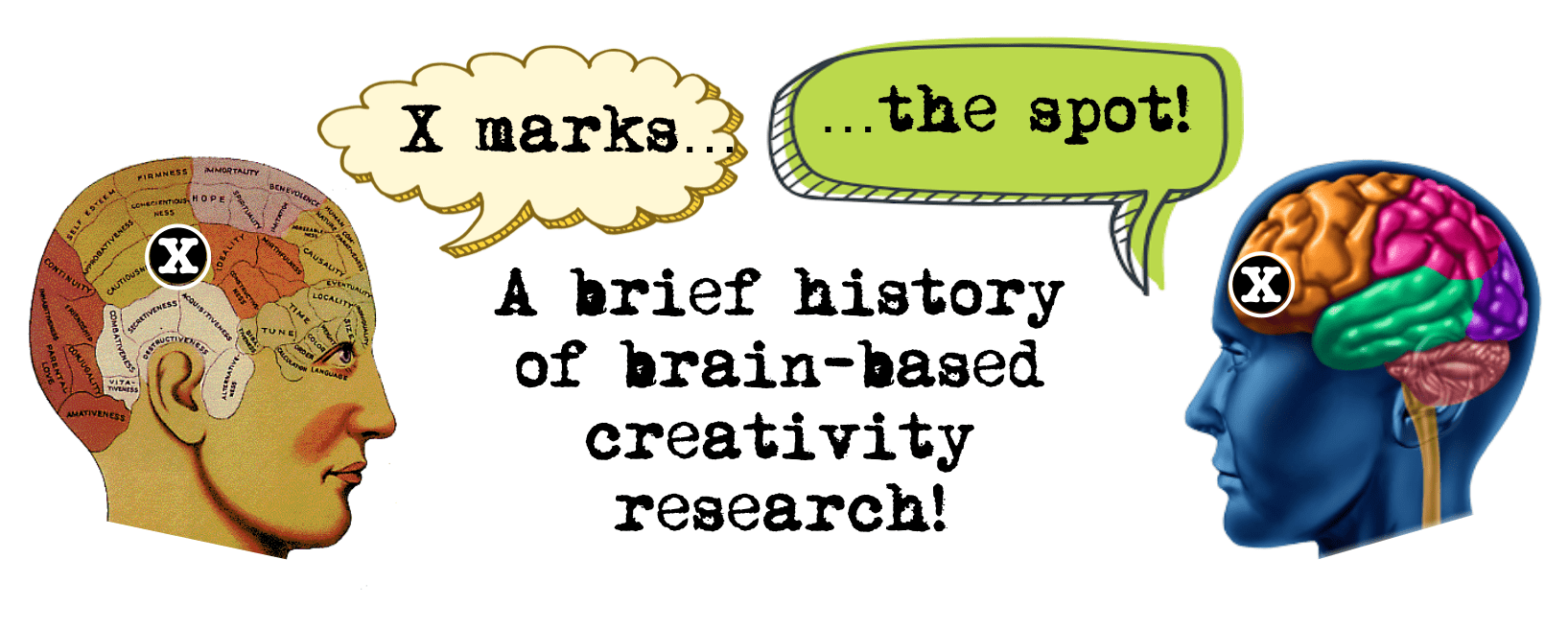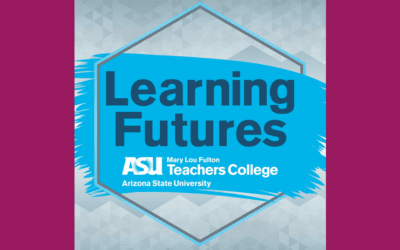The July 2014 issue of Tech Trends has two articles co-authored by me. The first is part of our ongoing series of articles on Rethinking technology and creativity in the 21st century (you can find the more recent article here and the complete series here). The other article was part of a special issue devoted to online/hybrid doctoral programs, edited by Kara Dawson and Swapna Kumar. Essentially we argue that:
… the process of creating new modes of learning through new technologies is complex, and requires a better understanding of the considerations that go into the design of online or hybrid learning experiences (Kumar & Dawson, 2012)… In this article, we address the complexities of designing such learning experiences, from both a course-level and programmatic view, by focusing on two recent courses in our hybrid doctoral program in Educational Psychology & Educational Technology (EPET) at Michigan State University. These doctoral seminars included two types of students – i.e., those present on-campus in the face-to-face setting (traditional doctoral students), and those attending virtually from remote locations (hybrid doctoral students).
[Analysis of these two cases suggests that,] an innovation such as a move from traditional to online/hybrid can be realized in many different ways in different contexts, “as social relations and structures vary across settings… As an innovation comes in real settings, it acquires new and unexpected shapes…it is recreated to conform with the goals and norms of the people who use it” (Bruce, 1993, p. 19-20). As the two cases we provide in this paper illustrate, the two courses existed within the same overarching programmatic goals, which include community-building and deep engagement with theory, research and practice. Yet they were instantiated in very different ways. These unique structures thereby led to the creation of two different models of hybrid doctoral seminar learning, used by our program at a broader level. The unique and situated nature of the two courses, driven by pedagogical and content goals and needs, inspired the different ways in which the technology was used… Clearly understanding the on-going process of innovation requires balancing between the core foundational elements (such intellectual rigor, principles of research, engagement with theory, and community building) that define the doctoral program at a broader level, without ignoring or underplaying the value of localization and context in each instructor’s classroom.
A complete reference and link to the pdf is given below:
- Henriksen, D., Mishra, P., Greenhow, C., Cain, W. & Roseth, C. (2014). A tale of two courses: Innovation in the hybrid/online doctoral program at Michigan State University. Tech Trends. (58)4, p. 45-53.





0 Comments